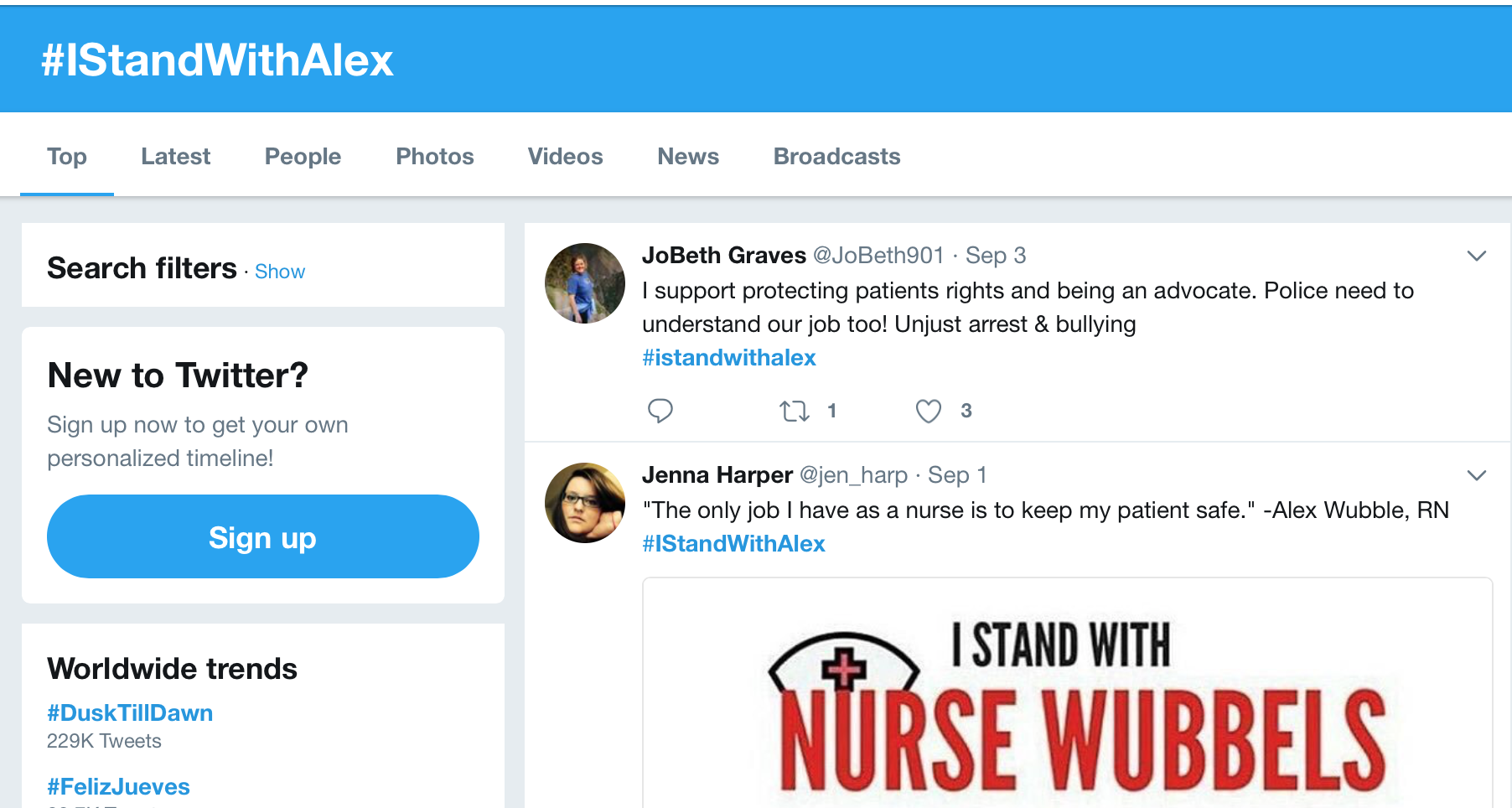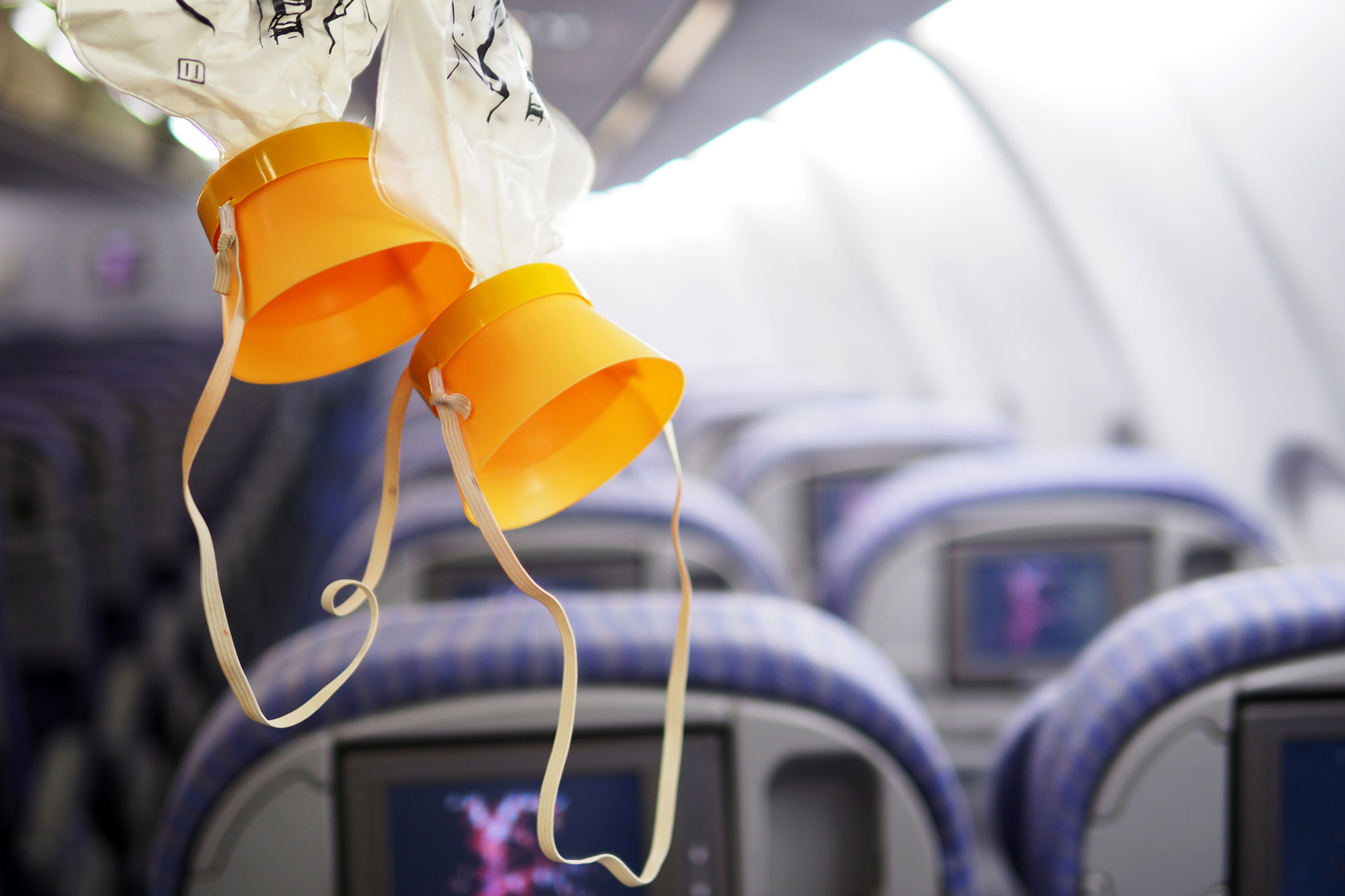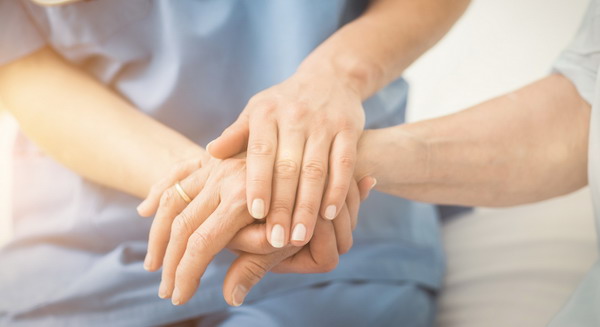From Nurse Keith’s Digital Doorway
As the United States grapples with the aftermath of Hurricane Harvey, I am reminded of how nurses’ collective and individual dedication to volunteerism and community service are central to the fabric of society, as well as to the notion of who we nurses are and what we are capable of. Nurse volunteerism serves many purposes, and its importance is worthy of intensive discussion.
Viewing the devastation that Harvey has wrought in Houston, eastern Texas, and parts of Louisiana, I want to call attention to the many nurses and healthcare professionals who were on the ground from day one, slogging it out in the wet trenches of emergency response as the rain fell and the waters rose.
Stories abound of flooded nursing homes and hospitals, emergency patient evacuations, heroic deeds, and thousands of people — including nurses, of course — going above and beyond the call of duty in order to save lives and protect property.
Nurses continue to give of themselves as the flood waters recede and the rebuilding efforts begin in earnest, and there are undoubtedly countless untold stories of heroism and gallantry that will go unrecorded but not forgotten. No matter, the collective experience is burned into our memories, and many in Texas and beyond will continue to volunteer and give in ways small and large for years to come.
Nurses and Disasters
Nurses have been part of disaster relief since the notion began. Clara Barton, nurse extraordinaire, formed the American Red Cross in 1881. While President Rutherford Hayes dragged his feet vis-a-vis allowing the United States to join the International Red Cross, Barton took it upon herself to found the American Red Cross, and as its first President she dedicated its mission to disaster response as well as war relief.
Over the many decades, innumerable nurses have volunteered with Doctors Without Borders, as well as smaller organizations like Global Outreach Doctors. (Andrew Lustig, the head of Global Outreach Doctors, has appeared as a guest on RNFM Radio to discuss his organization’s amazing work in some of the most dangerous places on earth.)
When disaster strikes around the world, nurses snap into action. Some may respond within the walls of their place of employment (like Houston nurses working in flooded hospitals and nursing homes), while others may jump in their cars or on airplanes to meet disaster head on in far-flung locations. Whatever the scenario, we know beyond the shadow of a doubt that nurses always appear when and where they’re needed most.
Day-to-Day Volunteerism
Beyond the more “newsworthy” incidents of nurse volunteerism, I recognize that nurses volunteer on a regular basis for all manner of events, organizations, and causes. Whether through faith-based outreach or wholly secular efforts, nurses have a general mindset geared towards contributing to the well-being of others. How do nurses volunteer? Let me count the ways:
- Staffing first aid stations at races and other events
- Joining the Medical Reserve Corps and other organizations
- Participating in local, regional, and national disaster drills and emergency preparedness exercises
- Volunteering for hospices and other facilities
- Sitting on the boards of directors of non-profits
- Volunteering for nursing and healthcare organization activities
- Contributing nursing skills at soup kitchens, homeless shelters, and for street outreach and other services
- And more activities than we can readily name
When we think of nurse volunteerism, what comes to mind are established organizations or efforts to which nurses lend their skills, expertise, and knowledge. Having said that, we also know that nurses are the consummate good samaritans who respond in the course of their daily lives to car accidents, falls, injuries, and medical emergencies on airplanes, in stores, on sidewalks, and generally any situation wherein human vulnerability and frailty manifest. I can myself recall car accidents where I’ve stopped to lend a hand; bicycle accidents I’ve witnessed and responded to; the fainting of an elderly person in a restaurant; a child stung by a bee in a park.
Nurses are trained in assessment, critical thinking, triage, and taking prudent action, and that training makes us invaluable members of any community or society.
Volunteerism and Your Nursing Career
As a career coach, I recommend that nurses perform volunteerism in the interest of their careers. Volunteering is honestly a very good resume-builder, and also demonstrates that a nurse believes that he or she has something to contribute to society as a nurse beyond what happens at work.
While volunteer positions won’t make or break a nursing resume, a nurse engaged in valuable extracurricular volunteer activities makes a statement about that nurse’s character.
In terms of networking and meeting other like-minded professionals and non-professionals, volunteering puts nurses in touch with individuals beyond their usual social and professional spheres. When participating in meaningful volunteer efforts, that shared experience can produce bonds potentially far stronger than those formed in the workplace.
Staffing a first aid station at a breast cancer walk, volunteering at a camp for autistic children, or meeting in the face of a disaster like Hurricane Harvey can be a landmark moment in many nurses’ lives, and lifelong friendships can be formed even under the most stressful and difficult conditions.
The career value of volunteerism goes far beyond resume enhancement; nurses who volunteer derive satisfaction and personal fulfillment from giving back and serving others, as well as the opportunity to meet and bond with other volunteers of similar mind and motivation.
Nurse volunteerism can be the building block of a personal and professional network, as well as an example of a nurse’s dedication to community and society. Some employers highly value such characteristics in potential employees.
In the End, Do it for Yourself
While building a resume or being a more attractive job or school candidate are reasonable purposes for volunteering, I urge nurses to use volunteer opportunities as tools for personal growth and fulfillment. Volunteerism is laudable and noble, and it behooves us to allow our volunteer efforts to build our character, bring us satisfaction, and broaden the reach and depth and width of our nursing career and lives.
The potential for personal and professional growth is a powerful antidote to professional boredom, career disenchantment, and nursing ennui. Volunteering — no matter the cause or organization — can be a key to a more meaningful life inside and outside of one’s nursing career and identity.
[To listen to the companion podcast to this blog post, please click here.]
Keith Carlson, RN, BSN, NC-BC, is the Board Certified Nurse Coach behind NurseKeith.com and the well-known nursing blog, Digital Doorway. Please visit his online platforms and reach out for his support when you need it most.
Keith is co-host of RNFMRadio.com, a wildly popular nursing podcast; he also hosts The Nurse Keith Show, his own podcast focused on career advice and inspiration for nurses.
A widely published nurse writer, Keith is the author of “Savvy Networking For Nurses: Getting Connected and Staying Connected in the 21st Century,” and has contributed chapters to a number of books related to the nursing profession. Keith has written for Nurse.com, Nurse.org, MultiViews News Service, LPNtoBSNOnline, StaffGarden, AusMed, American Sentinel University, the ANA blog, Working Nurse Magazine, and other online publications.
Mr. Carlson brings a plethora of experience as a nurse thought leader, online nurse personality, podcaster, holistic career coach, writer, and well-known successful nurse entrepreneur. He lives in Santa Fe, New Mexico with his lovely and talented wife, Mary Rives.
Disclaimer: The viewpoint expressed in this article is the opinion of the author and is not necessarily the viewpoint of the owners or employees at Healthcare Staffing Innovations, LLC.









